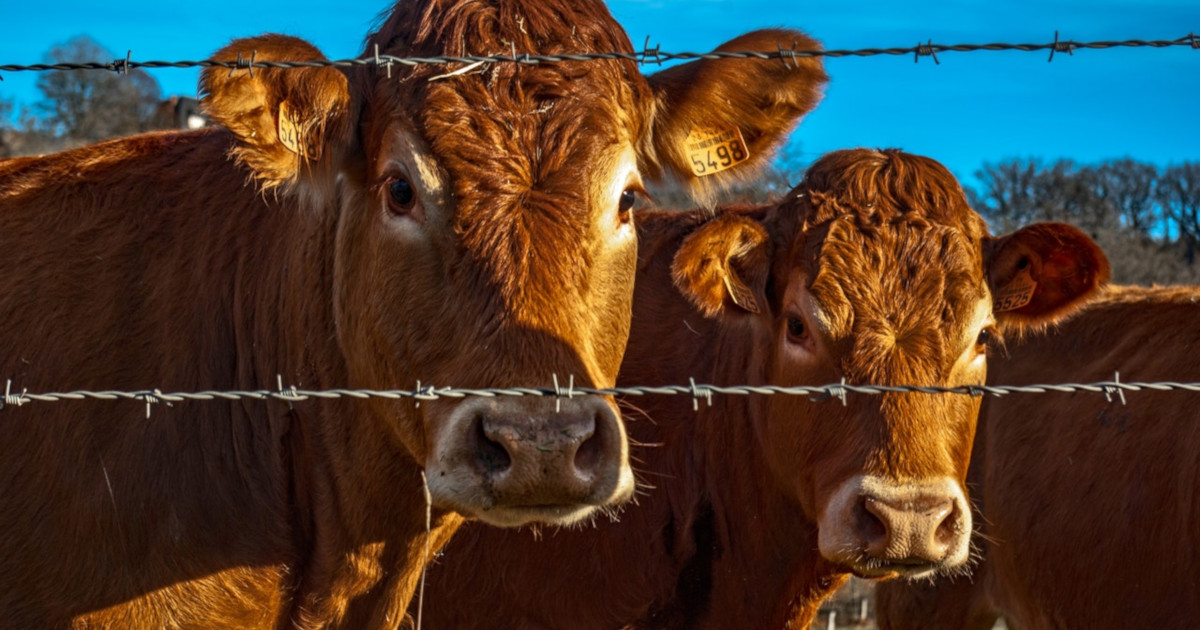
Is Biochar a Game-Changer for Sustainable Farms?
Based in the San Juan Islands, the group has united scientists, foresters, and farmers who see soil fertility—and specifically biochar—as an important answer to some of the planet’s most pressing challenges.
June 12, 2017 | Source: Civil Eats | by Anna Guth
From the citrus fields of Japan to the willow forests of Wales and the cropland of the Amazon Basin, farmers have used biochar—the practice of burying charcoal in soil to improve fertility—for centuries. The practice is said to extend as far back as the 5th Century. Now, this ancient agricultural method is making a comeback, thanks in part to an effort by the Washington-based nonprofit Forage.
Based in the San Juan Islands, the group has united scientists, foresters, and farmers who see soil fertility—and specifically biochar—as an important answer to some of the planet’s most pressing challenges.
Kai Hoffman-Krull, who founded Forage in 2014 and is its CEO, stumbled on charcoal’s soil benefits in 2012 soon after he had cleared the wood from his land on Waldron Island to make way for a house and garden. With almost three acres of freshly cut forest, Krull found himself with a big problem: He had thousands of tons of unmarketable wood scraps scattered across his property.
